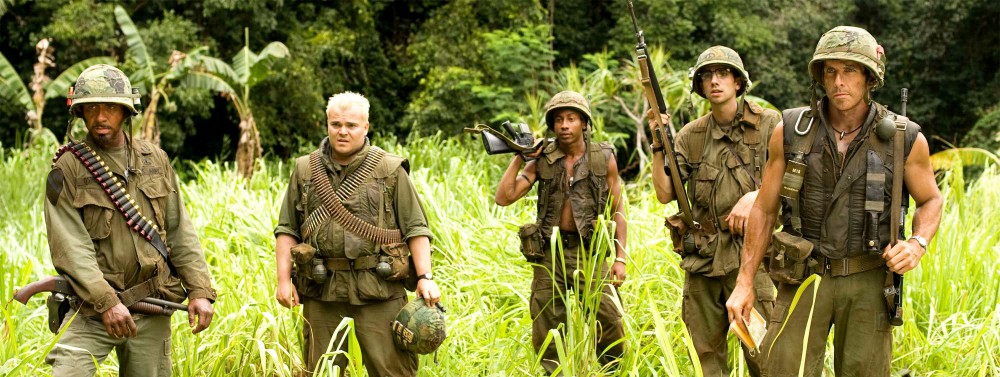I liked watching “Through the Olive Trees” because it is one of the first films that we have watched that gave women a sort of empowering role. Tahereh was not interested in a boy, Hossein, who was pursuing her throughout the film. She made her lack of interest very apparent and had all of the control in the relationship. Which I found refreshing after watching films like Peeping Tom where women are obviously objectified, Singin’ in the Rain where women characters are under appreciated and given little choice in their own outcomes, and even Sherlock Jr. where the only woman is a prize to be won by either one of two men. But in this film, Tahereh takes control of her own destiny.
Tahereh does not speak to Hossein through the entire film and rejects all of his advances. She will not even look at him. It is implied that this is in part due to the fact that Tahereh is more highly educated than her male pursuer, another form of female empowerment portrayed. But it is also arguable that she is simply uninterested, an emotion that women are rarely given the power to feel in media and film. There is also Ms. Shiva, another strong female character. She was obviously a no-nonsense kind of women who was the real driving force behind the production of the film being made. Without her it seems that very little would have been accomplished and that she was actually basically controlling just about everything even though she was not the director.
I found it interesting that the female characters were so strong in this film, and particularly in contrast with the male characters. It seems that the male and female roles were reversed. Hossein was the character chasing after love and throwing himself at his love interest, a role that is usually portrayed by the ‘obsessive woman’.In contrast to Tahereh who held all the power in the relationship and scorned his advances. Also, the director seemed to be the more nurturing character shoe was helping Hossein try to get his girl. The director was very supportive and seemed to be a motherly/fatherly figure to Hossein. Again, a role that is usually portrayed by a women. This is in contrast to Ms. Shiva, the real power house behind the film and authority figure on and off set.
The fact that this role reversal exists in a film depicting Iranian culture makes it especially empowering and interesting. Iran is a county well known for its cultural oppression of women. That a film would dare to portray the female characters as the more powerful over the men in this culture is controversial. It speaks to the immense progress and change being felt though out society in terms of Universal Women’s rights.
